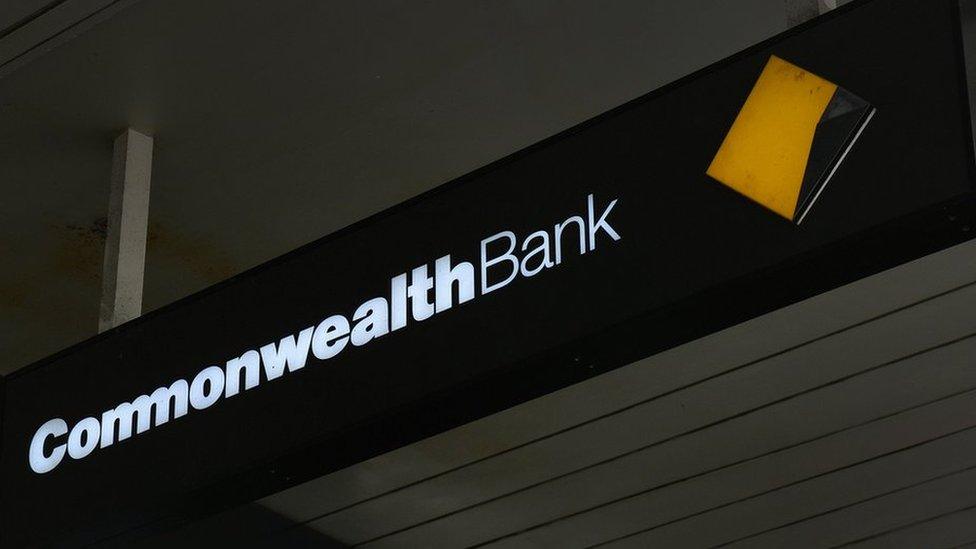Commonwealth Bank in legal tussle over climate change
- Published
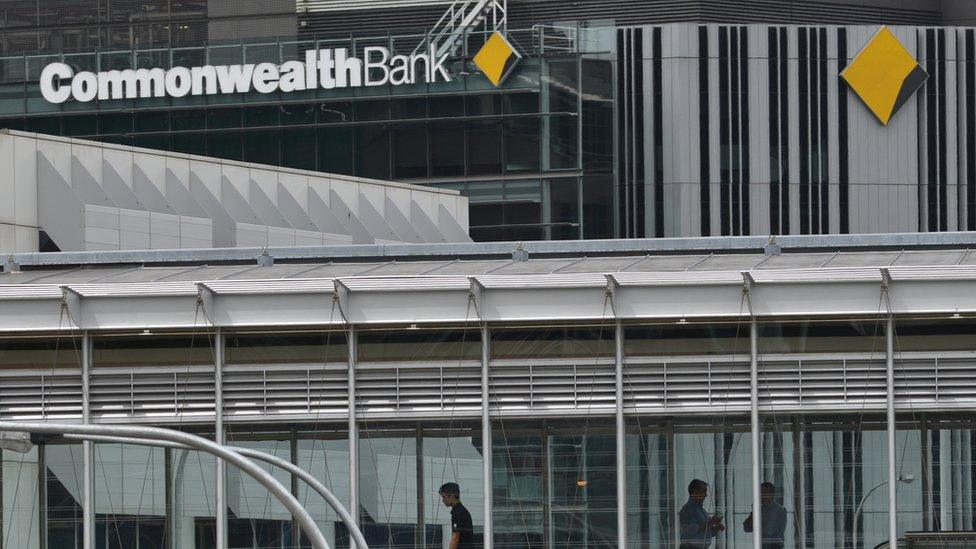
Australia's Commonwealth Bank has just announced bumper profits, but it is also embroiled in a legal tussle over how much it tells shareholders about its exposure to climate change.
Two shareholders are taking the bank to court, claiming it has failed to properly disclose investment risks associated with the environmental problem.
Commonwealth Bank denies the claim.
The case is believed to be the first attempt globally to force financial institutions to tell shareholders how exposed they are to climate risks.
It comes as Commonwealth Bank faces a separate court action over its alleged breaches of Australia's anti-money laundering laws.
Who is suing whom and for what?
Environmental Justice Australia (EJA) has filed a motion on behalf of two shareholders in the Federal Court of Australia, claiming climate change poses "material or major risks" to the financial position of both the bank and its customers.
In Australia, the risks include more severe droughts and cyclones as well as a rise in sea levels.
"Because it has exposures throughout the economy there are potentially some very serious financial exposures for the bank," said David Barnden, a lawyer for EJA.
The legal service says the bank ought to have known about those risks, and failed to disclose them in its 2016 annual report.
How much money are they seeking?
They are not seeking any monetary compensation.
EJA says the case is only an attempt to force Commonwealth Bank to publish relevant information, so that investors can make better decisions.
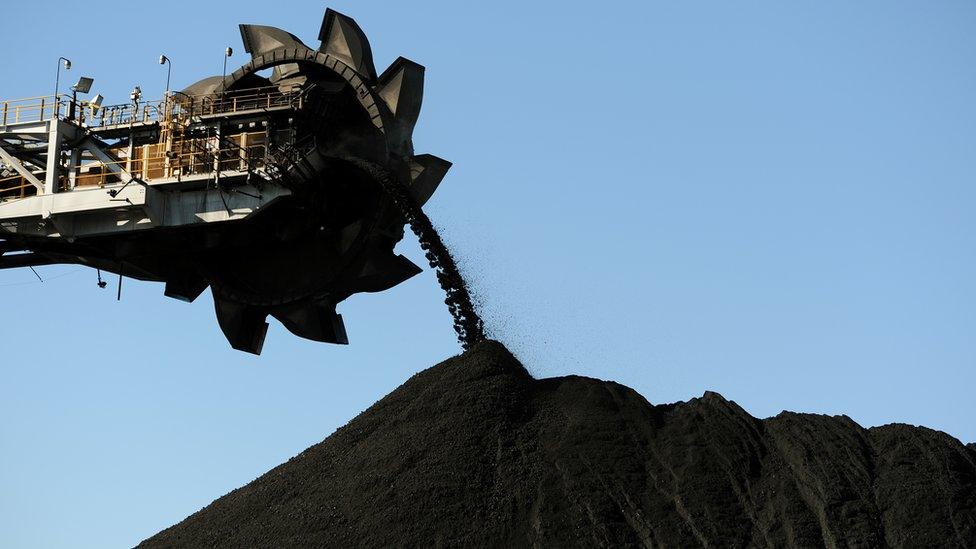
Australia is the world's second largest coal exporter
Is the bank involved with a controversial mine?
The court action also called on Commonwealth Bank to detail its involvement in the Adani Carmichael project, which is worth A$16bn (£10bn; $13bn).
The controversial coal mine in Queensland is backed by India's Adani Group, and has been a target of environmental activists since it was first proposed.
Several other major banks have ruled out involvement in the project, but Commonwealth Bank has been more coy on the issue.
"The provision by CBA of any form of financial assistance or funding for Carmichael posed, and continues to pose, material or major risks (including reputational risks) to its business," the statement to the court said.
Could this force other companies to follow suit?
EJA hopes that if they win, this will set a precedent, forcing other companies to be more forthcoming about their exposure to climate risks.
Mr Barnden says Australia's corporate reporting rules are fairly broad, and he hopes a positive decision might be applied more widely.
"The codification is broad and talks about companies needing to provide a true and fair view of the financial position and performance of the company," he said.
What does Commonwealth Bank say?
The bank flatly rejected the claim, saying its 2016 annual report was fully compliant with statutory reporting obligations.
It also said it is committed to playing its part in limiting climate change to well below 2.0C (3.6F) in line with the Paris agreement, and supporting a global transition to net zero emissions by 2050.
What is the anti-money laundering case?
The bank is also facing legal action over failure to comply with Australia's anti-money laundering laws.
The Australian Transaction Reports and Analysis Centre last week launched a civil action against the bank for 53,700 alleged breaches of the laws.
In an update to investors on Wednesday, chairwoman Catherine Livingstone said the bank was unaware of the breaches until 2015, three years after they had allegedly begun.
She said the bank had spent A$125m on strengthening its systems to deal with financial crime.
Is the bank profitable?
Despite the bank's legal tussles, its annual results released on Wednesday were strong.
Commonwealth Bank beat forecasts to post profits of A$9.88bn.
That is 4.6% higher than last year's results and the eighth straight year of record profits for Australia's largest mortgage lender.
Shares rebounded slightly, clawing back some of the losses the bank suffered after the laundering accusations emerged.
- Published3 August 2017
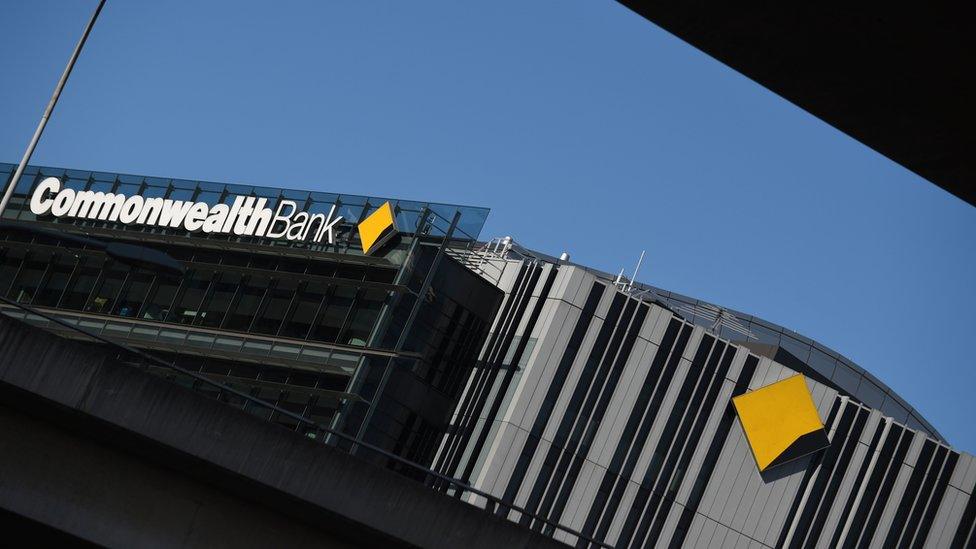
- Published6 June 2017
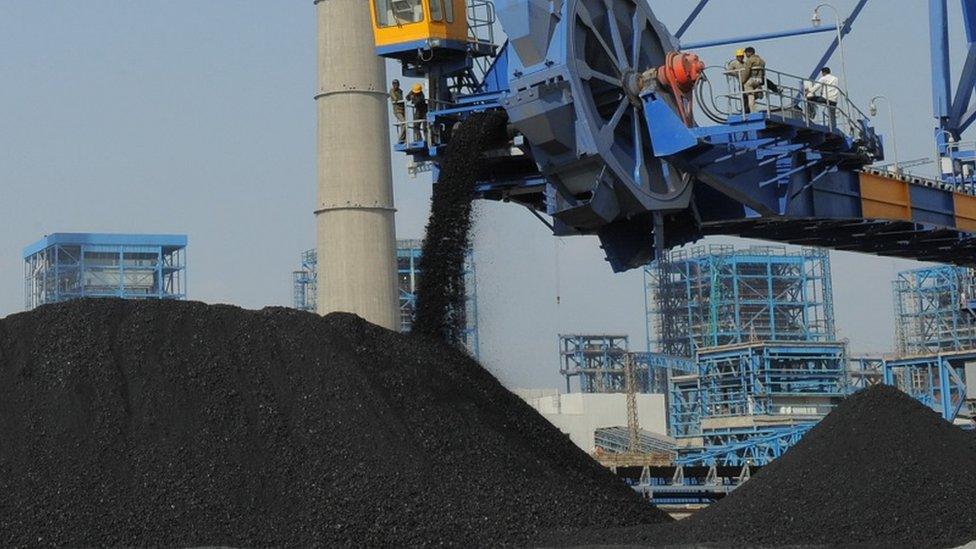
- Published6 August 2015
